The world has witnessed numerous trailblazers who have shattered barriers and left an indelible mark on history. Among these remarkable individuals are Deaf women whose courage, resilience, and determination have paved the way for progress and equality for the Deaf community. Despite facing communication challenges and societal prejudices, these exceptional women have risen above their circumstances to become influential leaders, advocates, and role models.
In honor of National Women’s Day, we are celebrating the triumphs of some of the most influential Deaf women who have changed the course of history and championed the rights and recognition of Deaf individuals worldwide.
Alice Cogswell: The Pioneer of Deaf Education
Alice Cogswell, born in 1805, holds a significant place in the history of Deaf education in the United States. As a deaf child, she inspired her neighbor, Thomas Hopkins Gallaudet, to establish the American School for the Deaf in Hartford, Connecticut, in 1817. This institution became the first permanent school for the deaf in America, paving the way for deaf education and advocacy for deaf rights.
Helen Keller (1880-1968): Deaf-Blind Author, Activist, and Lecturer
One cannot talk about influential Deaf women without mentioning Helen Keller, whose name has become synonymous with triumph over adversity. Losing both her sight and hearing at a young age, Keller overcame immense challenges to become a renowned author, political activist, and lecturer. With the help of her dedicated teacher, Anne Sullivan, Keller learned to communicate through sign language and braille. Her tireless advocacy for the rights of the disabled, including Deaf individuals, significantly impacted public perception and fostered greater inclusion for people with disabilities.
Marlee Matlin (1965-present): Two-Time Oscar Winner, Deaf Rights Advocate
Marlee Matlin‘s groundbreaking achievements have earned her worldwide acclaim. As the first Deaf actress to win an Academy Award for her role in “Children of a Lesser God” (1986), Matlin broke barriers in the entertainment industry and demonstrated that Deaf individuals can excel in the performing arts. Beyond her acting career, Matlin continues to be an advocate for Deaf rights, raising awareness about Deaf culture and the importance of accessibility in media.
Heather Whitestone (1973-present): Deaf Crowned as Miss America
In 1995, Heather Whitestone made history by becoming the first Deaf woman to be crowned Miss America. Despite facing initial skepticism and misconceptions about her abilities, Whitestone’s captivating talent and charisma won the hearts of millions and challenged societal stereotypes surrounding Deaf individuals. Following her reign, she continued to use her platform to advocate for the Deaf community, inspiring countless individuals with her story of determination and success.
Dr. Carol Padden (1956-present): Deaf Author, Linguistics/Deaf Culture Lecturer
Dr. Carol Padden with her colleague, Dr. Tom Humphries, are renowned scholars and advocates for Deaf culture and American Sign Language (ASL). They co-authored the influential book “Deaf in America: Voices from a Culture,” which shed light on the unique experiences and perspectives of Deaf individuals in the United States. Their work has been instrumental in fostering greater understanding and appreciation for Deaf culture and the significance of sign language in the Deaf community.
Christine Sun Kim: Redefining Sound Art
Christine Sun Kim, a renowned sound artist, challenges perceptions of sound and music by incorporating her experiences as a deaf individual into her work. Through her innovative installations and performances, Kim explores the concept of sound as a multi-sensory experience, advocating for greater inclusion of deaf artists in the contemporary art world.
Claudia Gordon (1973-present): Deaf Black Female Attorney
As the first Deaf African American female attorney in the United States, Claudia Gordon has been a tireless advocate for disability rights, particularly within the African American community. Her work has focused on breaking down barriers in legal representation and advocating for equitable access to resources for Deaf individuals. Gordon’s accomplishments continue to inspire Deaf individuals, especially those from marginalized backgrounds, to pursue careers in law and public service.
The legacy of these influential Deaf women serves as a testament to the power of resilience, determination, and advocacy. Through their various contributions, they have shattered stereotypes, ignited change, and empowered the Deaf community to stand proudly and be heard. As their stories continue to inspire future generations, it is crucial that we recognize and celebrate their remarkable achievements, ensuring that their influence endures and paves the way for a more inclusive and equitable world for all.
‘Til next time, ta ta! 😄🤟🏻



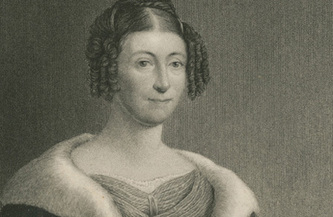
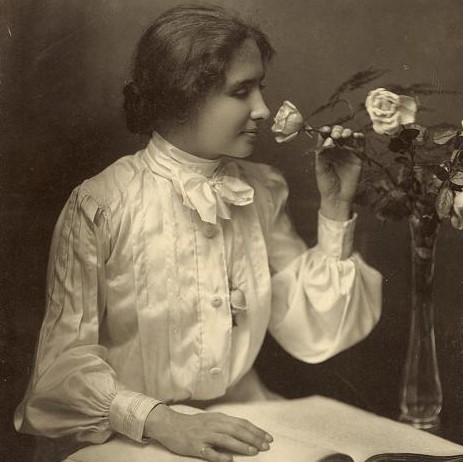
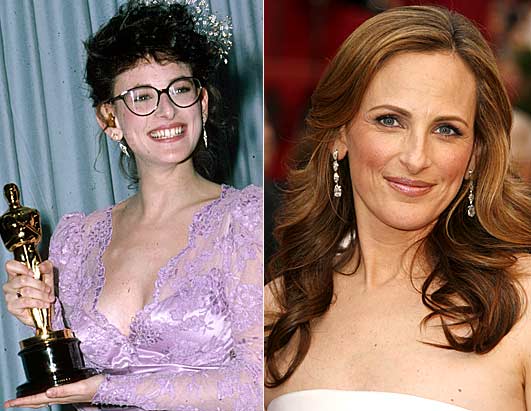
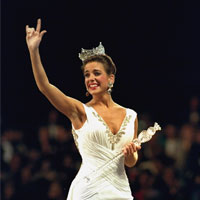
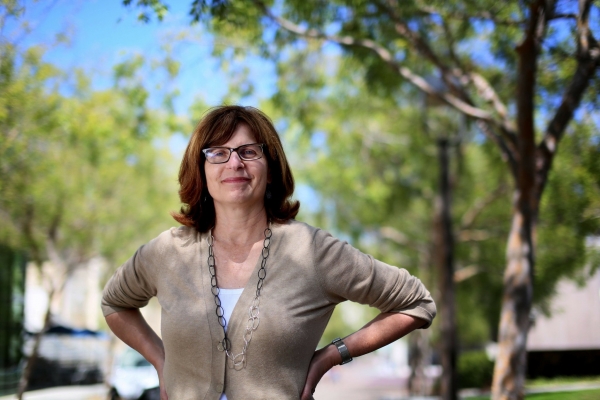
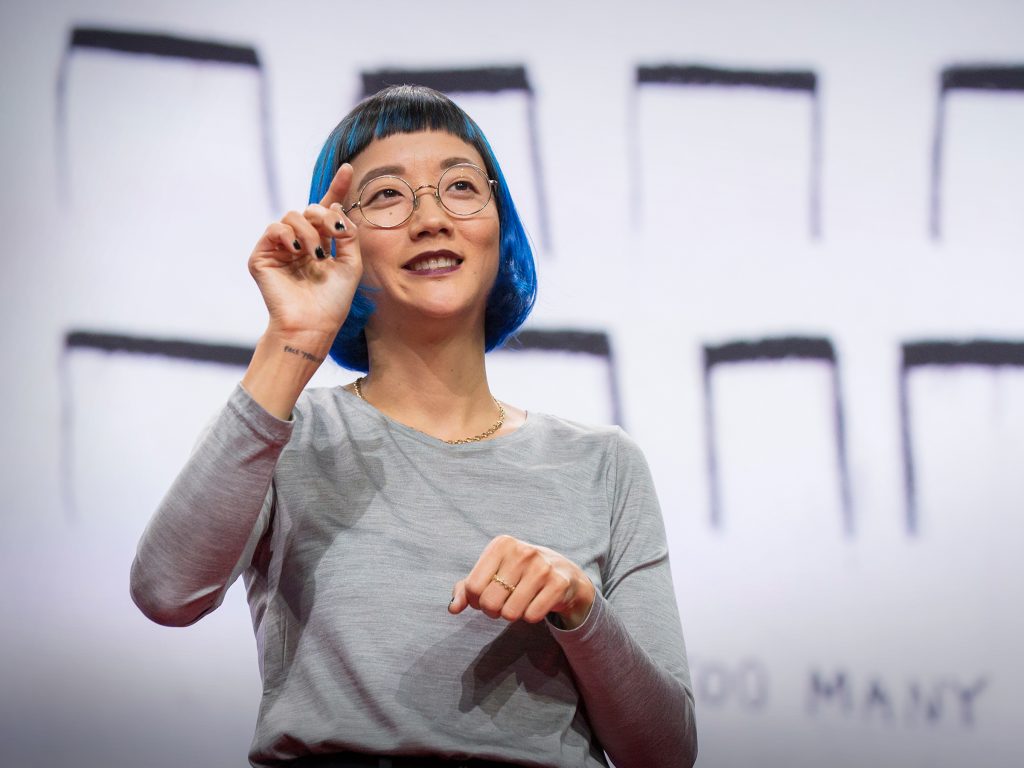
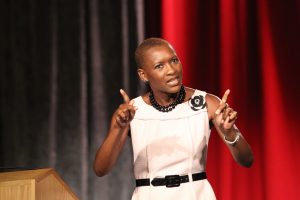

Comments